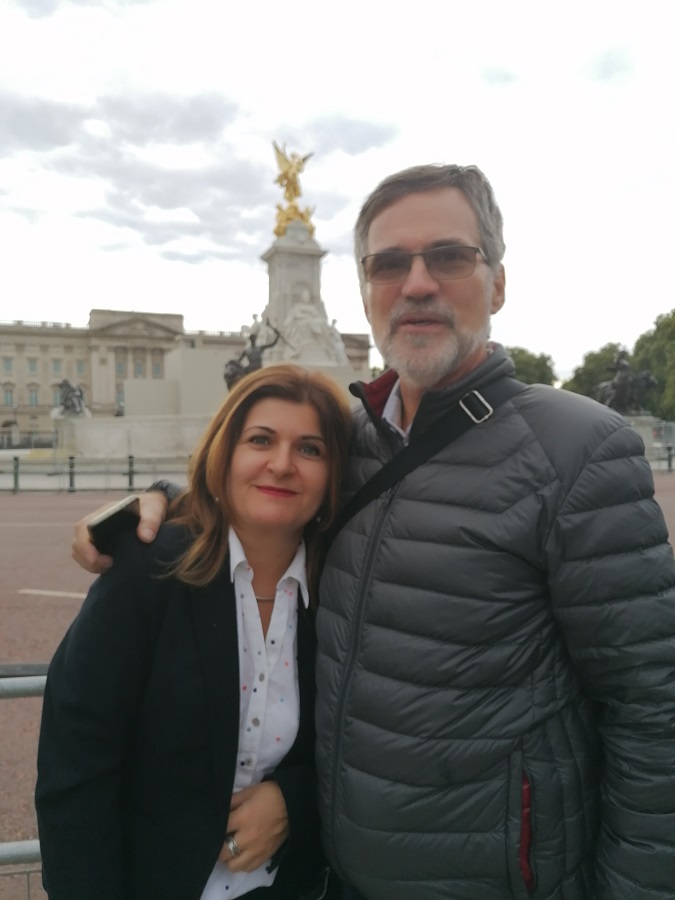October 8, 2022 - Whisper it quietly, but more and more people are relocating to Croatia from the diaspora. In a new TCN series, we meet them to find out how they are faring and what advice they have for others thinking of making the switch. Next up is Zeljka Tomljenovic, who moved from London to Zagreb.
I was born in Slavonski Brod, where I went to primary school then I went to secondary school in Bosanski Brod. I completed the rest of my formal education at the University of Novi Sad. This variety of places where I lived in Former Yugoslavia seems to set me up for my future of travel in the years to come. Then my life brought me to London, where I lived and worked for the next twenty-six years where I experienced the life that only metropolitan cities can provide. My work there was in the event management industry, and also I volunteered for the charity organization, The British-Croatian Society.
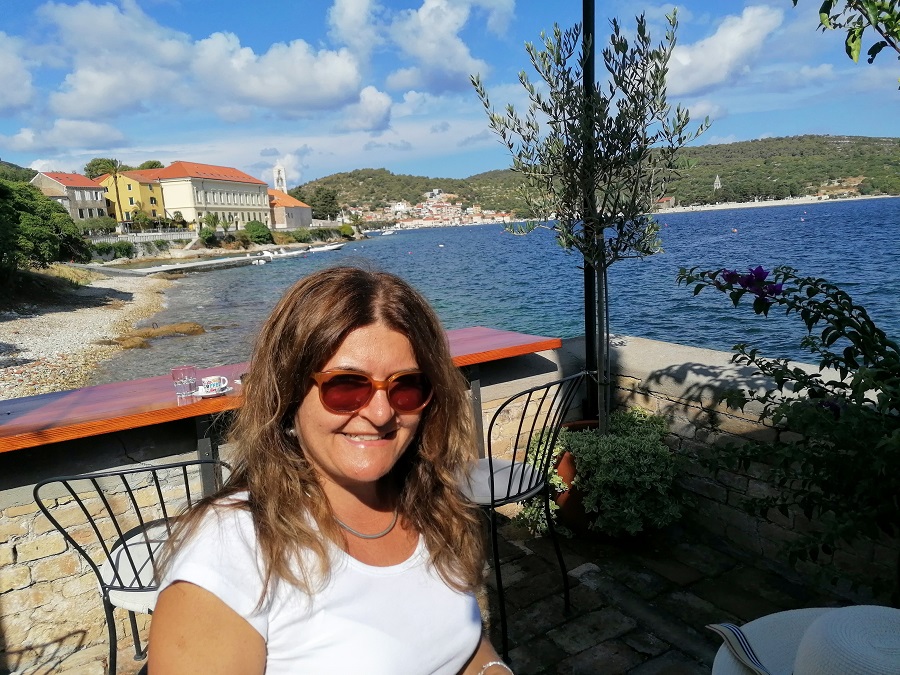
1. You made the switch to Croatia. Tell us a little about the decision process and how long it took for you to get on the plane.
Funny to say, but it was not a decision at all. It was rather an accidental step that had happened swiftly without my consideration that brought me to Croatia. When I realized that the Paddington area, where I worked, as well as the whole of London, was getting emptier by day to day due to the Covid-19 closure, I had to pack up my stuff and secure one of the last seats on a plane to Zagreb.
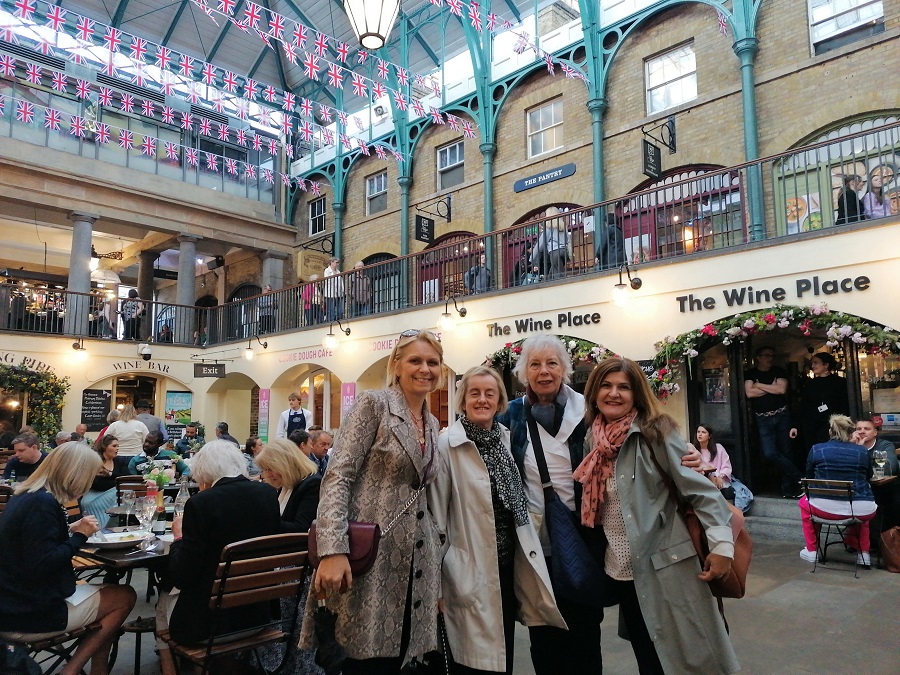
2. What did your family and community back home think of your decision at the time?
When I arrived in Zagreb, the situation and outcome of the Covid-19 crisis were very uncertain, so my return at that particular moment seemed a logical step regarding the circumstances. At that time, I started working from home, believing that it would be just a temporary solution. I felt very supported by my family and friends. As the whole world around me was closing down, coming back to Croatia was a move in the right direction and at the right moment. The funniest reactions on my return I am still receiving from those people that have never lived abroad. They normally look me in the eye with a bit of pity, asking me whether I am really aware of what I've done :-).
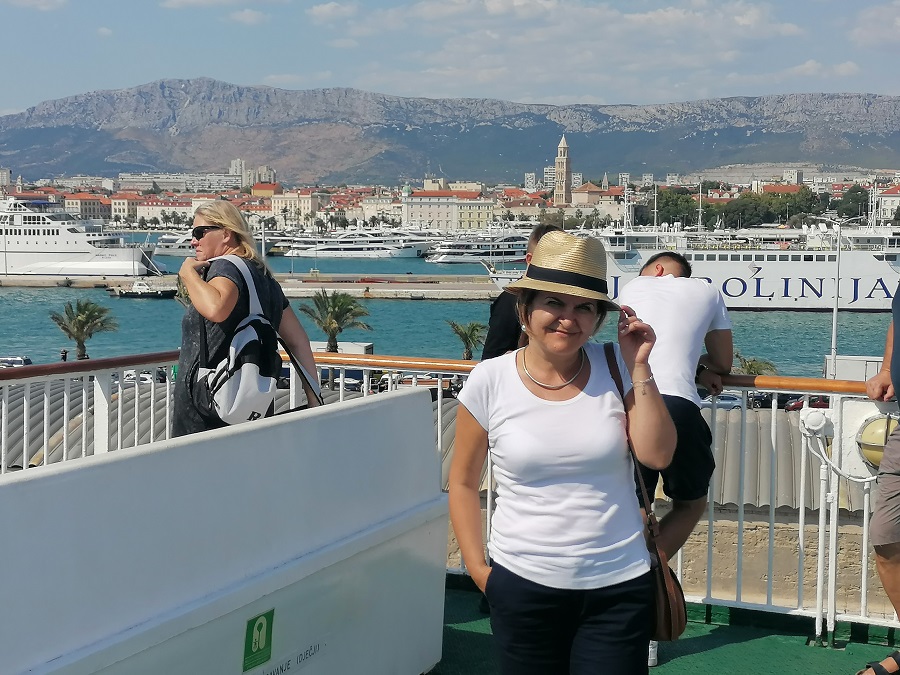
3. Where did you get your information about the realities of Croatia prior to coming?
My touch with Croatia and its reality was continuous through the years I lived in the UK. Also, through my activities with The British-Croatian Society, the charity organization that promotes links between HR & UK for many years, I kept my relations with both countries widely open.
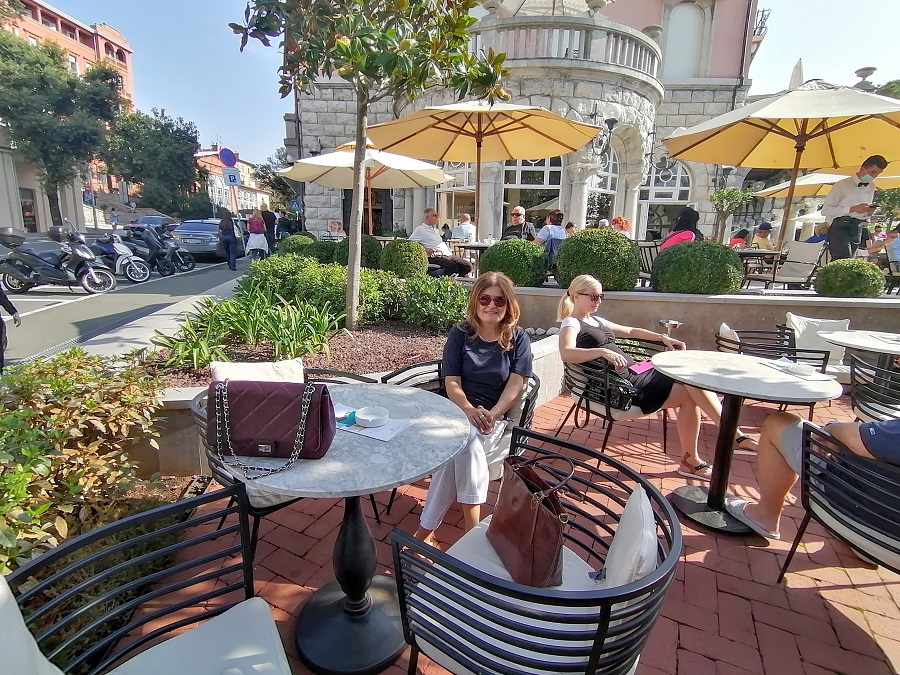
4. What were you most nervous about making the switch? What was your biggest fear, and what was the reality of what you found?
It was a very big decision. No doubt about that. My life and work were set up in London, I was always on the go, I had a lot of friends and colleagues there, and I had a busy social life. I was not surprised by anything I found here as I was coming to Croatia quite frequently, and I was fully aware of its reality.
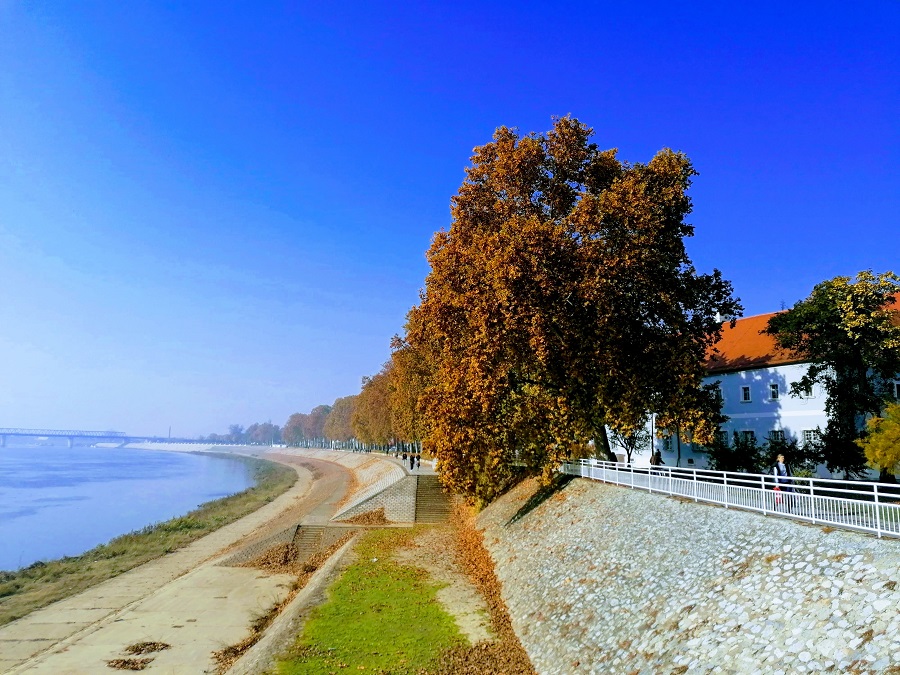
5. Think back to the time before you arrived. What were your perceptions about Croatia, and how were they different from the reality you encountered?
Life is not always greener on the other side. Once you make a permanent living in a place, it is not going to be the same as the one you remember from going on holiday. In my own experience, I have gained by this move that the freedom to do with my time what I like and not somebody else is the most valuable asset of mine. I have my free time on my hands, and I can do with it whatever I like. I could not dream about that in my previous life in London, where I knew my agenda months ahead, and most of my time I was spending just working.
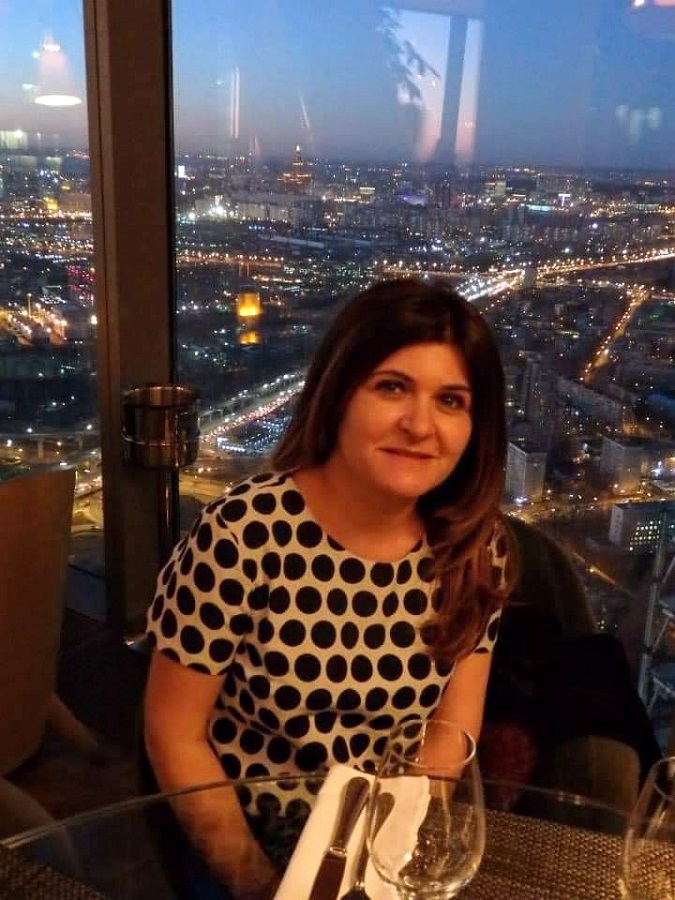
6. You are still here, so obviously, the pros outweigh the cons. Tell us about some of the things that you love about being in Croatia, as well as some of the things you don't like.
The best thing about my accidental return to Croatia is the more free time I have here. The pace of life is much slower here than in London. There's always the possibility to find time for a coffee with family and friends, personal interests and hobbies, or whatever your interests are. However, dealing with the unavoidable bureaucracy in Croatia is a tough matter, and that's an understatement. Be prepared to visit many government offices in order to get one single document. The same document in the UK you would get by simply pushing the button on your computer. Croats are not very good at respecting the rules of queuing. Getting in and out of public transport is very often a nightmare, and the best sample of that. Another thing that I hate in Zagreb is the rundown gray facades of beautiful former palaces mostly covered by ugly graffiti, which are actually nothing more than pure vandalism. Then permitted smoking in most coffee shops, widely spread corruption, poverty among a huge number of the population ... that's just to get me started.
7. What advice do you have for others thinking about making a move from the diaspora?
I would advise everybody considering the possibility of moving to Croatia to get informed as much as possible about the Croatian reality through different sources. They must be ready for a different lifestyle, habits, and mentality completely different from the one they have used to. Nothing is 100% perfect neither is everything so bad. There's no perfect recipe for success - everyone should have their own experience. Let them step out of their comfort zone with open eyes and open minds seeking the positive sides of Croatia. Let them enjoy new opportunities in life that Croatia offers.
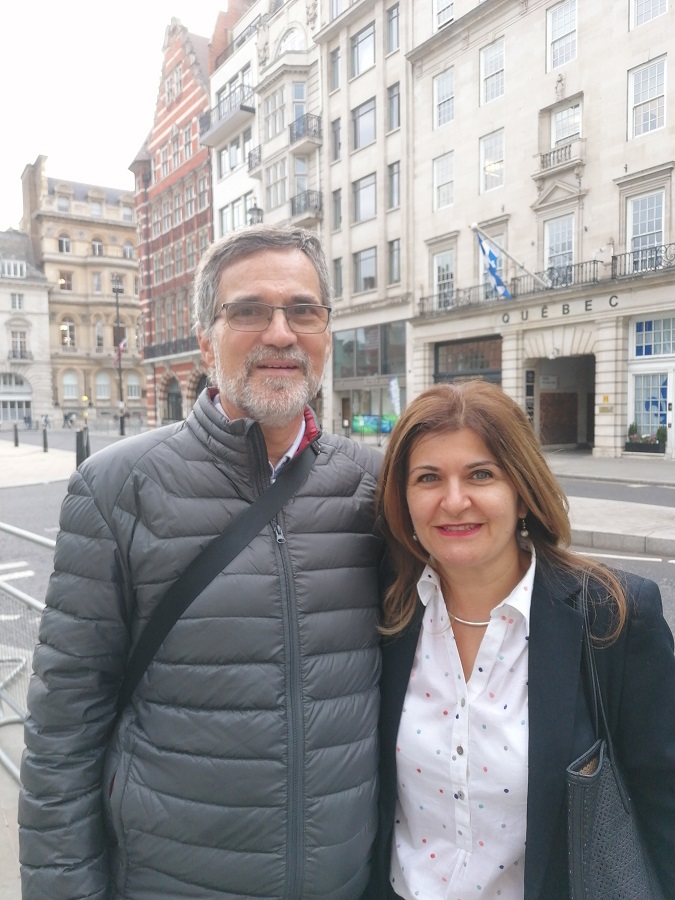
8. How do you think Croatia can better assist those who are looking to return to the Homeland?
It has to be the government's decision to support and stimulate people to settle in Croatia enforced by its real action giving them reasons why they should live in Croatia. They would help those willing to learn the language and integrate into society. They would make the bureaucratic procedures simpler; they would establish centers for language learning, give advice on how to find a place to live, etc.
A brilliant sample of individual initiatives opposite of slow government-run organizations is the project Digital Nomads, set up by Mr. Jan de Jong. What a wonderful project that made a huge difference in terms of the contribution of qualified foreign workers moving into Croatia.
****
Thanks, Zeljka, and good luck with https://www.britishcroatiansociety.com/
You can follow more stories in the Croatian Returnee Reflections series in our dedicated TCN section.
Would you like your returnee story - positive or negative - to be featured in this series? Contact This email address is being protected from spambots. You need JavaScript enabled to view it. Subject Returnee.
****
What's it like living in Croatia, and where can you get the best survival tips? TCN CEO Paul Bradbury and TCN Editor Lauren Simmonds have teamed up to publish Croatia, a Survival Kit for Foreigners.
Follow Paul Bradbury on LinkedIn.



